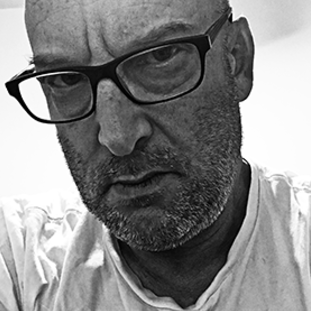My mother married a man who divorced her for money. Phyllis, he would say, If you don’t stop buying jewelry, I will have to divorce you to keep us out of the poorhouse. When he said this, she would stub out a cigarette, mutter something under her breath. Eventually, he was forced to divorce her. Then, he died. Then she did. The man was not my father. My father was buried down the road, in a box his other son selected, the ashes of his third wife in a brass urn that he will hold in the crook of his arm forever. At the reception, after his funeral, I got mean on four cups of Lime Sherbet Punch. When the man who was not my father divorced my mother, I stopped being related to him. These things are complicated, says the Talmud. When he died, I couldn’t prove it. I couldn’t get a death certificate. These things are complicated, says the Health Department. Their names remain on the deed to the house. It isn’t haunted, it’s owned by ghosts. When I die, I will come in fast and low. I will stick the landing. There will be no confusion. The dead will make room for me.
Published:
2020
Length:
Regular
Literary Movements:
Contemporary
Anthology Years:
Themes:
Death & Loss
Family
Memory & The Past
Poetic Form
Literary Devices:
Dialogue
conversation between two or more people as a feature of a book, play, or movie
Essay/Prose
written or spoken language in its ordinary form, without metrical structure

